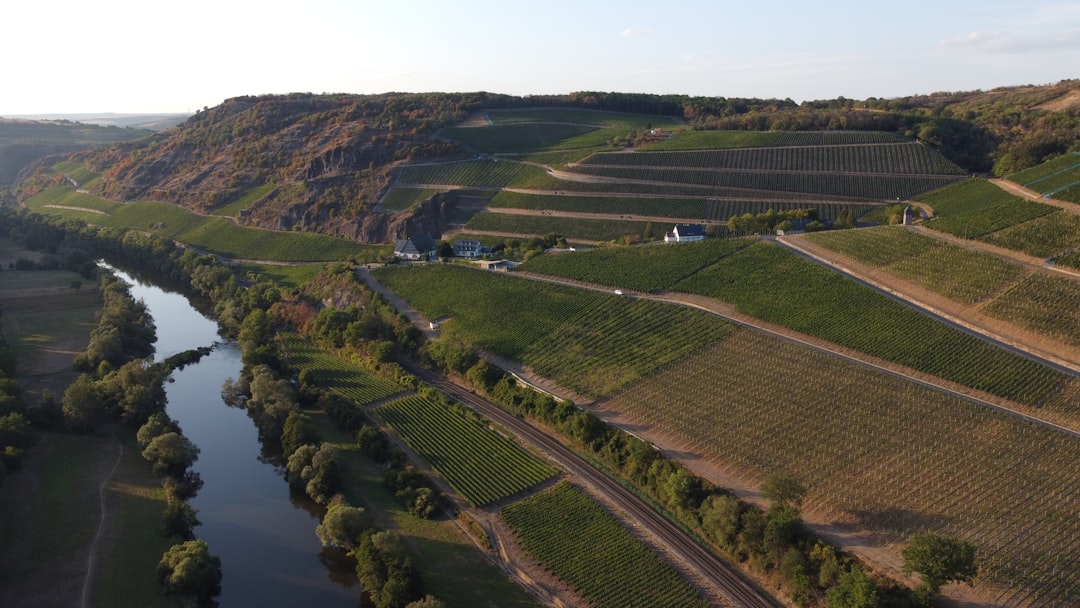What is it about?
The Russia-Ukraine war has accelerated the EU’s energy transition, but the new course of energy policy paradoxically locks-in investments in fossil fuels and deepens raw material dependence. The contradictions in the REPowerEU plan may hinder decarbonisation attempts and dampen economic recovery. The paper calls for re-evaluating the green growth narrative, promoting energy savings, and community-based provisioning of energy. Yet, if consumption levels decrease, what will happen to an economic system based on expectations of limitless growing future production?
Featured Image

Photo by Sungrow EMEA on Unsplash
Why is it important?
This paper provides an updated state of the industry of solar photovoltaic systems. It also shows that: 1. The scale and pace of industrial development promoted by the REPowerEU pose environmental and social challenges, with increased land pressure, displacements, and environmental degradation also outside of Europe. 2. New economic and political partnerships in the Global North may lead to cumulative carbon lock-in effects, dumping Russia only to reinforce dependencies on other illiberal and dictatorial states. 3. The EU's is becoming more dependent on the Chinese economy. This raises security concerns, and it could open internal cracks among EU member states. 4. The EU's climate action remains anchored in neoliberal praxis. It combines market-based solutions with some state interventions, but the promotion of green growth narratives may be seen as a temporary device to counteract civic unrest. 5. The political logic guiding the EU's climate action favours actors capable of building public-private partnerships, leading to the dominance of transnational multi-utility corporations and mining companies.
Perspectives
This paper challenges common views, including my own. Real-world processes are often more complex than neat academic explanations. While low-carbon transitions are essential, they can still have negative impacts. Believing in the simple "renewable energy vs fossil fuels" dichotomy may exacerbate destructive trends, furthering the cause of degradation and dispossession rather than reconciliation and emancipation. The trap of oversimplification serves as a warning not to fall into “Hegel’s night in which all cows are black”. As social scientists, it is our task to unwrap the illusionary veil cast over the search for alternative socio-ecological pathways.
Rubén Vezzoni
Read the Original
This page is a summary of: Green growth for whom, how and why? The REPowerEU Plan and the inconsistencies of European Union energy policy, Energy Research & Social Science, July 2023, Elsevier,
DOI: 10.1016/j.erss.2023.103134.
You can read the full text:
Resources
Contributors
The following have contributed to this page










